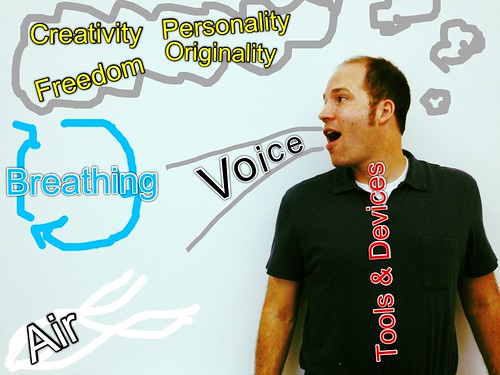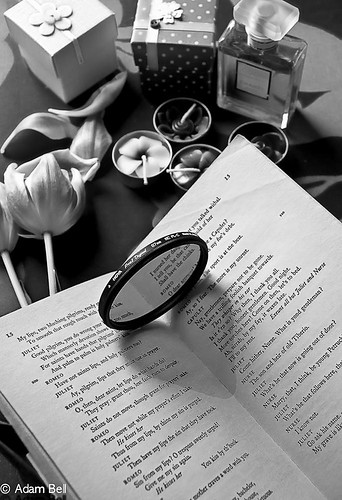Because I've done a bit of ghostwriting myself, allow me to share some of the do's and dont's I've learned:
 |
| Photo by: striatic, courtesy of Flickr |
- Start out with as much of an outline as you can put together. Discuss title, characters, theme, plot and so on. Get as much direction on paper as possible before you start. That doesn't mean things will change; they usually do, but the focus will help you in the following weeks as the chapters begin to materialize.
- Write in small chunks. One week discuss a particular chapter. Give yourself, as the ghostwriter, almost two weeks to write it. E-mail the client a few days before the two week mark meeting so he/she can go over the chapter.
- Every two weeks go over the chapter you've written during your meeting, and discuss the upcoming chapter. You shouldn't have to read aloud much of the manuscript you've just written, just go over the areas where the client has problems and fix them.
- Count on some areas of your writing needing to be re-written. Even after discussing the scenes to be developed in the chapter, your client may find that he/she doesn't like what you've come up with. Make sure that he/she knows early on that this might happen, but you will do all in your power to keep things going in the direction they've called for. You should charge for the discounted sections so make sure you are spot on as much as possible.
- Give suggestions for improvement of the manuscript, but listen closely to what the client wants. They should be the last word, even if you're the first.
- When you finish the first draft, allow the client to make small last minute suggestions or corrections. This doesn't mean taking out entire chapters and replacing them; what it does mean is searching for those typos and that oddly constructed sentence that no one noticed before.
- Suggest to your client that he/she get additional feedback. I tell my clients that 5 readers are best. Have your client return one final time to make changes.
 |
| Photo by: Nic's events, courtesy of Flickr |



































